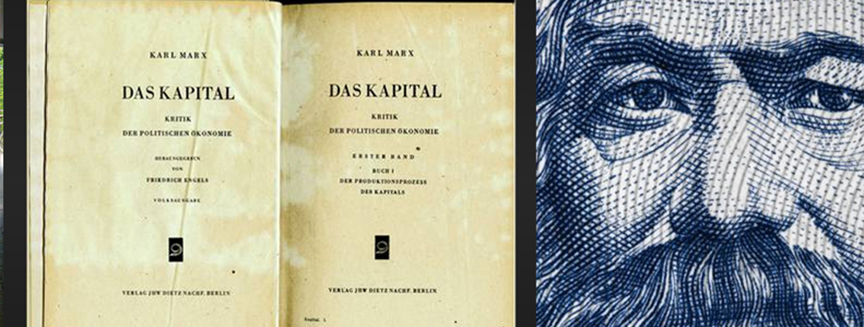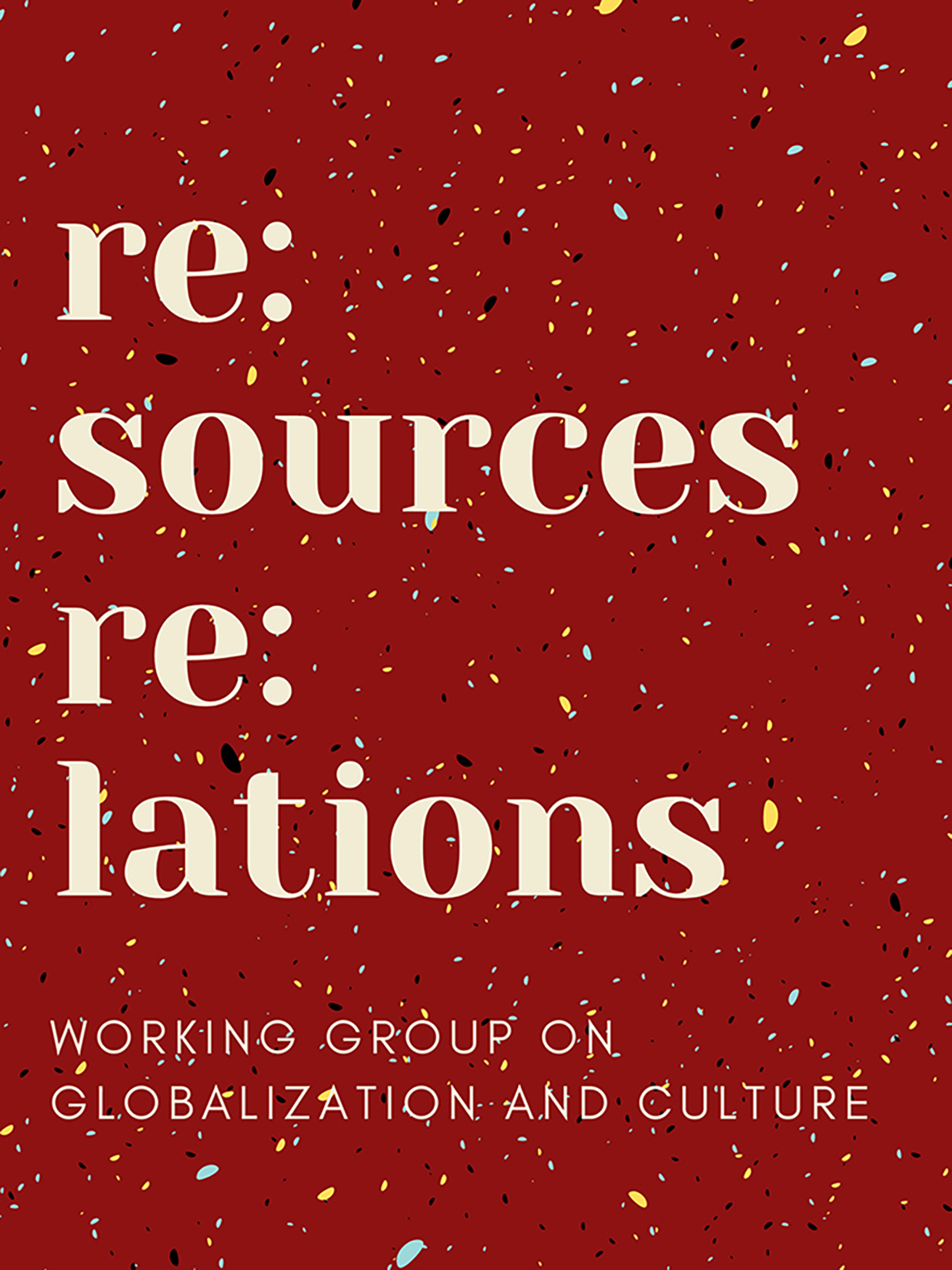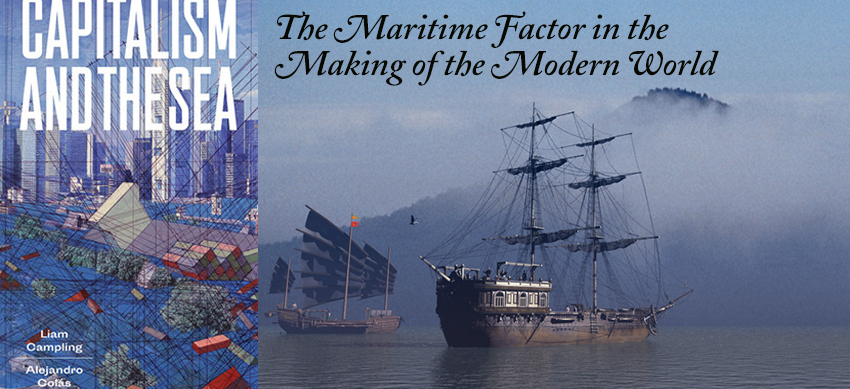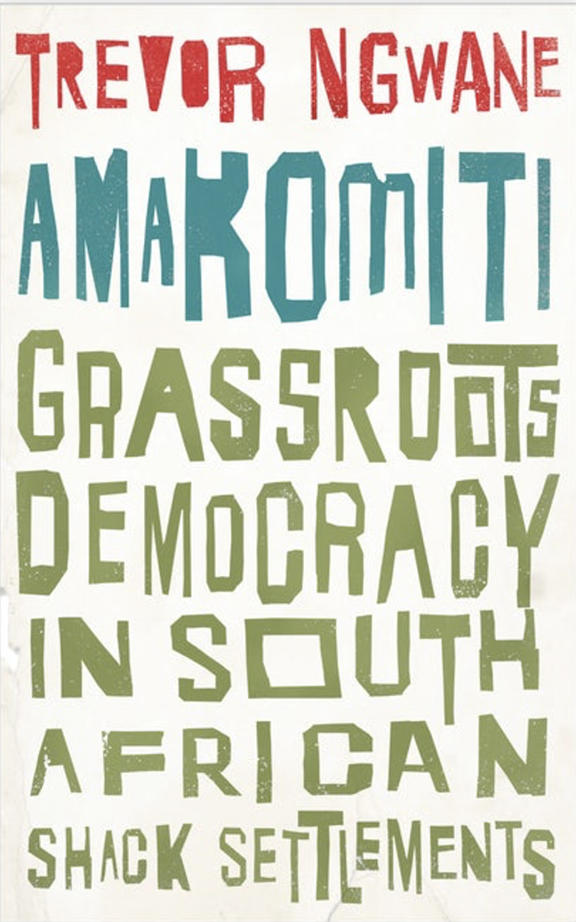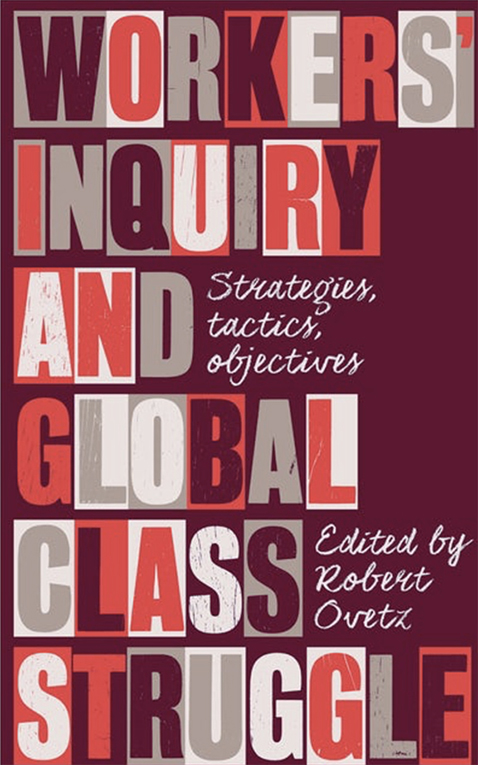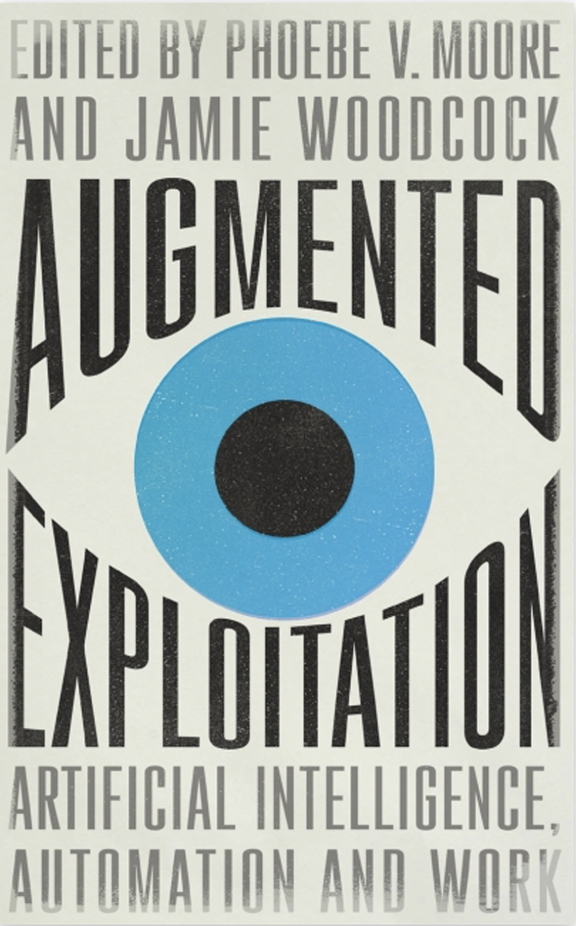Calendar of Events
S Sun
M Mon
T Tue
W Wed
T Thu
F Fri
S Sat
0 events,
0 events,
0 events,
0 events,
1 event,
Matters of State: Literature & Espionage
Matters of State: Literature & Espionage
WHY SPY NOVELS? Spy novels emerged as a distinct genre around the time of World War I, coinciding with the creation of formal intelligence agencies in many countries. This was a period characterized by heightened concern on the part of rulers about national security, imperial strength, and the impending conflict of the Great War. Spy novels from the early twentieth century reflect these concerns, and generally feature secret agents and seemingly realistic tales of international intrigue. With the rise of fascism, spy novels shifted their focus to examine the dynamics of political movements within individual states, assessing their threats to the stability of the international political order. In these stories, the anxiety over the powerlessness of the individual is assuaged by the resourcefulness and ultimate success of exceptional or lucky individuals in confronting such harrowing problems as war, nuclear proliferation, and terrorism.
1 event,
New York City and the Experience of Modernity
New York City and the Experience of Modernity
This is a seminar about New York City and its people. It is not a study of architectural styles and objects, - although the physical stuff of cities does play a role -, but it is a course about the experience of the way in which modernity builds and destroys cities.
Modernity is a historical force. It is messy. In architecture history modernity is usually narrated as an interplay between the combined forces of the Industrial Revolution and capital, with social upheaval, explosive population growth and immigration as its result...
1 event,
Capital, Volume 1, Part 3
Capital, Volume 1, Part 3
Chapters 16 through 25, will trace this development and reveals new dynamics and contradictions inherent to the logic of capitalist accumulation, culminating in Chapter 25, The General Law of Capitalist Accumulation. These developmental processes continue to be played out to this day and are witnessed in the immensity of wealth for a few at one pole of humanity, poverty at another, ruthless misuse and degradation of nature, and reduction of the human subject, the producing masses of real individuals, to an alienated object for capitalist exploitation.
1 event,
Re:sources / Re:lations with Working Group on Globalization and Culture
Re:sources / Re:lations with Working Group on Globalization and Culture
The Yale Working Group on Globalization and Culture will share our collective research on two ubiquitous words of our contemporary vocabulary: resources and relations this coming Sunday, June 6/
THEMATIC CLUSTERS: On Sunday June 6, we will present the two clusters: Source Memory: Relating Archival Contradictions and The Relations of Human Resources.
1 event,
Capitalism and the Sea
Capitalism and the Sea
While sea beds are drilled for their fossil fuels and minerals, and coastlines developed for real estate and leisure, the oceans continue to absorb the toxic discharges of carbon civilization – warming, expanding, and acidifying the blue water part of the planet in ways that will bring unpredictable but irreversible consequences for the rest of the biosphere.
0 events,
0 events,
1 event,
Matters of State: Literature & Espionage
Matters of State: Literature & Espionage
WHY SPY NOVELS? Spy novels emerged as a distinct genre around the time of World War I, coinciding with the creation of formal intelligence agencies in many countries. This was a period characterized by heightened concern on the part of rulers about national security, imperial strength, and the impending conflict of the Great War. Spy novels from the early twentieth century reflect these concerns, and generally feature secret agents and seemingly realistic tales of international intrigue. With the rise of fascism, spy novels shifted their focus to examine the dynamics of political movements within individual states, assessing their threats to the stability of the international political order. In these stories, the anxiety over the powerlessness of the individual is assuaged by the resourcefulness and ultimate success of exceptional or lucky individuals in confronting such harrowing problems as war, nuclear proliferation, and terrorism.
1 event,
New York City and the Experience of Modernity
New York City and the Experience of Modernity
This is a seminar about New York City and its people. It is not a study of architectural styles and objects, - although the physical stuff of cities does play a role -, but it is a course about the experience of the way in which modernity builds and destroys cities.
Modernity is a historical force. It is messy. In architecture history modernity is usually narrated as an interplay between the combined forces of the Industrial Revolution and capital, with social upheaval, explosive population growth and immigration as its result...
2 events,
Amakomiti: Grassroots Democracy in South African Shack Settlements
Amakomiti: Grassroots Democracy in South African Shack Settlements
Can people who live in shantytowns, shacks and favelas teach us anything about democracy? About how to govern society in a way that is inclusive, participatory and addresses popular needs? This book argues that they can. In a study conducted in dozens of South Africa's shack settlements, where more than 9 million people live, Trevor Ngwane finds thriving shack dwellers' committees that govern local life, are responsive to popular needs and provide a voice for the community.
Capital, Volume 1, Part 3
Capital, Volume 1, Part 3
Chapters 16 through 25, will trace this development and reveals new dynamics and contradictions inherent to the logic of capitalist accumulation, culminating in Chapter 25, The General Law of Capitalist Accumulation. These developmental processes continue to be played out to this day and are witnessed in the immensity of wealth for a few at one pole of humanity, poverty at another, ruthless misuse and degradation of nature, and reduction of the human subject, the producing masses of real individuals, to an alienated object for capitalist exploitation.
0 events,
1 event,
Black Reconstruction in America by W.E.B. Du Bois
Black Reconstruction in America by W.E.B. Du Bois
Black Reconstruction provides a basis for a much overdue revolution in US labor history. As Du Bois so eloquently and bluntly put in in 1935: “The South, after the war, presented the greatest opportunity for a real national labor movement which the nation ever saw or is likely to see again for many decades. Yet, the labor movement, with but few exceptions, never realized the situation. It never had the intelligence or knowledge, as a whole, to see in black slavery and Reconstruction, the kernel and meaning of the labor movement in the United States.”
1 event,
Black Reconstruction in America by W.E.B. Du Bois
Black Reconstruction in America by W.E.B. Du Bois
Black Reconstruction provides a basis for a much overdue revolution in US labor history. As Du Bois so eloquently and bluntly put in in 1935: “The South, after the war, presented the greatest opportunity for a real national labor movement which the nation ever saw or is likely to see again for many decades. Yet, the labor movement, with but few exceptions, never realized the situation. It never had the intelligence or knowledge, as a whole, to see in black slavery and Reconstruction, the kernel and meaning of the labor movement in the United States.”
0 events,
1 event,
Matters of State: Literature & Espionage
Matters of State: Literature & Espionage
WHY SPY NOVELS? Spy novels emerged as a distinct genre around the time of World War I, coinciding with the creation of formal intelligence agencies in many countries. This was a period characterized by heightened concern on the part of rulers about national security, imperial strength, and the impending conflict of the Great War. Spy novels from the early twentieth century reflect these concerns, and generally feature secret agents and seemingly realistic tales of international intrigue. With the rise of fascism, spy novels shifted their focus to examine the dynamics of political movements within individual states, assessing their threats to the stability of the international political order. In these stories, the anxiety over the powerlessness of the individual is assuaged by the resourcefulness and ultimate success of exceptional or lucky individuals in confronting such harrowing problems as war, nuclear proliferation, and terrorism.
0 events,
3 events,
Grundrisse
Grundrisse
In the Grundrisse Marx arguably bridges his early writings on philosophy and Hegel, and the writing and revisions of Capital that dominated much of the rest of his life. We will undertake a close, word by word reading of the text with a view to understanding the concepts that evolve within it. This first term will begin with the chapter on money.
Workers’ Inquiry and Global Class Struggle: Strategies, Tactics, Objectives
Workers’ Inquiry and Global Class Struggle: Strategies, Tactics, Objectives
By engaging in what Karl Marx called a workers' inquiry, workers and militant co-researchers are studying their working conditions, the technical composition of capital, and how to recompose their own power in order to devise new tactics, strategies, organizational forms and objectives. These workers’ inquiries, from call center workers to platform, trucking, cleaning, logistics, mining, auto factories, teachers, and adjunct professors, are re-energizing unions, bypassing unions altogether or innovating new forms of workers' organizations.
Capital, Volume 1, Part 3
Capital, Volume 1, Part 3
Chapters 16 through 25, will trace this development and reveals new dynamics and contradictions inherent to the logic of capitalist accumulation, culminating in Chapter 25, The General Law of Capitalist Accumulation. These developmental processes continue to be played out to this day and are witnessed in the immensity of wealth for a few at one pole of humanity, poverty at another, ruthless misuse and degradation of nature, and reduction of the human subject, the producing masses of real individuals, to an alienated object for capitalist exploitation.
0 events,
0 events,
1 event,
Black Reconstruction in America by W.E.B. Du Bois
Black Reconstruction in America by W.E.B. Du Bois
Black Reconstruction provides a basis for a much overdue revolution in US labor history. As Du Bois so eloquently and bluntly put in in 1935: “The South, after the war, presented the greatest opportunity for a real national labor movement which the nation ever saw or is likely to see again for many decades. Yet, the labor movement, with but few exceptions, never realized the situation. It never had the intelligence or knowledge, as a whole, to see in black slavery and Reconstruction, the kernel and meaning of the labor movement in the United States.”
0 events,
0 events,
3 events,
Pluto Wildcat Series: Final 2 sessions—Augmented Exploitation and Wobblies of the World
Pluto Wildcat Series: Final 2 sessions—Augmented Exploitation and Wobblies of the World
These books uncover the radical militancy which characterises international workers struggles, both contemporary and historical. Looking at diverse topics including proletarianisation and class formation, mass production, gender, affective and reproductive labour, syndicalism and independent unions, and labour and Leftist social and political movements, it is the most comprehensive exploration into workers’ organisation being developed today. All books from the series are available at the MEP on-line book store.
AUGMENTED EXPLOITATION: Artificial Intelligence, Automation and Work
AUGMENTED EXPLOITATION: Artificial Intelligence, Automation and Work
Going beyond platform work and the gig economy, the authors explore emerging forms of algorithmic governance and AI-augmented apps that have been developed to utilise innovative ways to collect data about workers and consumers, as well as to keep wages and worker representation under control. They also show that workers are not taking this lying down, providing case studies of new and exciting form of resistance that are springing up across the globe.
Pluto Wildcat Series: Final 2 sessions—Augmented Exploitation and Wobblies of the World
Pluto Wildcat Series: Final 2 sessions—Augmented Exploitation and Wobblies of the World
These books uncover the radical militancy which characterises international workers struggles, both contemporary and historical. Looking at diverse topics including proletarianisation and class formation, mass production, gender, affective and reproductive labour, syndicalism and independent unions, and labour and Leftist social and political movements, it is the most comprehensive exploration into workers’ organisation being developed today. All books from the series are available at the MEP on-line book store.
2 events,
Grundrisse
Grundrisse
In the Grundrisse Marx arguably bridges his early writings on philosophy and Hegel, and the writing and revisions of Capital that dominated much of the rest of his life. We will undertake a close, word by word reading of the text with a view to understanding the concepts that evolve within it. This first term will begin with the chapter on money.
Capital, Volume 1, Part 3
Capital, Volume 1, Part 3
Chapters 16 through 25, will trace this development and reveals new dynamics and contradictions inherent to the logic of capitalist accumulation, culminating in Chapter 25, The General Law of Capitalist Accumulation. These developmental processes continue to be played out to this day and are witnessed in the immensity of wealth for a few at one pole of humanity, poverty at another, ruthless misuse and degradation of nature, and reduction of the human subject, the producing masses of real individuals, to an alienated object for capitalist exploitation.
0 events,
0 events,
0 events,
0 events,
0 events,
0 events,
1 event,
Grundrisse
Grundrisse
In the Grundrisse Marx arguably bridges his early writings on philosophy and Hegel, and the writing and revisions of Capital that dominated much of the rest of his life. We will undertake a close, word by word reading of the text with a view to understanding the concepts that evolve within it. This first term will begin with the chapter on money.



